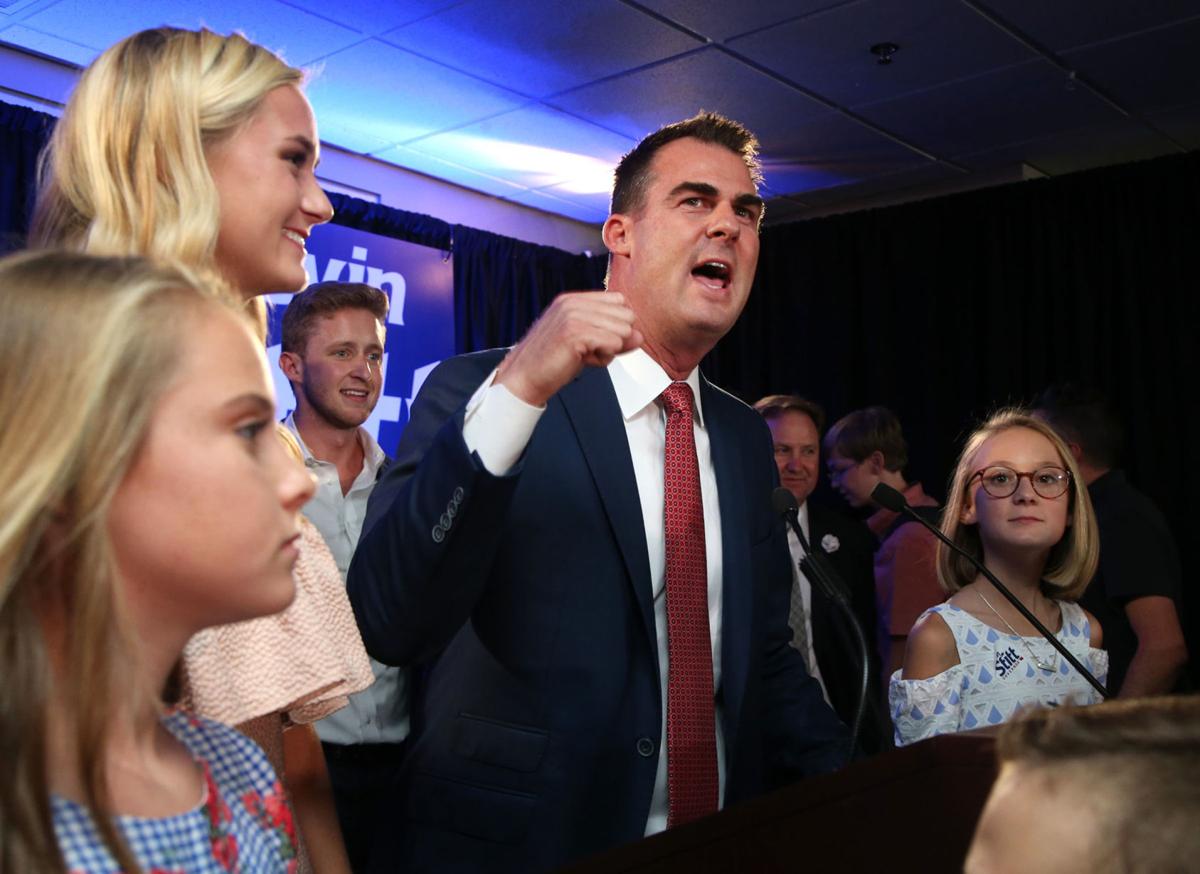Oklahoma Tribal Operators Claim Racetracks License Renewal Gives Them Upper Hand in Compact Talks
Posted on: October 24, 2019, 04:26h.
Last updated on: October 24, 2019, 05:53h.
Tribal casino operators in Oklahoma may have been handed a lifeline in their clash with Republican Governor Kevin Stitt over upcoming compact renegotiations.

Stitt declared in an op-ed in Tulsa World in July that revenue-share agreements with the tribes must be redrawn on their expiration on January 1, 2020 to “reflect market conditions,” which means he wants to extract more cash from the Indian gaming operations.
This blindsided the tribes, who had expected their hard-won compacts to roll over, and for the status quo to be preserved.
But according to the tribes, the Oklahoma Horse Racing Commission’s decision last week to approve all horse track gaming and racing license applications for calendar year 2020, which includes electronic gaming, has dealt them the upper hand.
Tribes Won’t Roll Over on Rollover
Oklahoma has more tribal operators than any other state. Some 31 federally recognized tribes collectively run 131 gaming facilities – generating more revenue than any other tribal casino market other than California. Each tribe has signed a compact with the state that guarantees them regional exclusivity on casino gaming in return for a cut of the revenues.
According to the OK Policy Institute last year, the tribes contributed $138.6 million to state coffers on revenues of $2.3 billion. That’s around 6 percent, but Stitt — who is himself a member of the Cherokee Nation — wants more.
In his op-ed, Stitt claimed that Oklahoma tribes pay the lowest revenue-share percentages in America — but the assertion is simply not true.
The state’s share of gross gaming revenue (GGR) from slots and other electronic games starts at 4 percent and rises to 6 percent when an operator’s GGR exceeds $20 million. For table games, including craps and roulette, it’s ten percent.
But tribes in Arizona pay between 1 percent and 8 percent, while in Minnesota they pay nothing.
Black and White
Now, according to Steven Greetham, senior counsel for the Chickasaw Nation, the renewal of the racetrack licenses means the state has “no reasonable argument” that the contracts do not renew.
Each tribe signed a “model compact” in 2004, which essentially means they’re all synced to the same playbook.
The compact states the following:
This Compact shall have a term which will expire on January 1, 2020, and at that time, if organization licensees or others are authorized to conduct electronic gaming in any form other than pari-mutuel wagering on live horse racing pursuant to any governmental action of the state or court order following the effective date of this Compact, the Compact shall automatically renew for successive additional fifteen-year terms.
Matthew Morgan, chairman of the Oklahoma Indian Gaming Association, told Tulsa World that this paints the tribe’s rights in black and white.
“The plain language of the compacts references gaming being available at horse tracks on Jan. 1, 2020,” he said. “… Oklahoma Horse Racing Commission[‘s] action is in line with the plain language. They authorized gaming for calendar year 2020.”
The tribes are expected to meet with representatives of Oklahoma Attorney General Mike Hunter’s office to discuss the compacts on October 28.
Last Comments ( 1 )
Two things that are appalling and of which do not in anyway support Oklahomans - greed and foolish spending. I would like to see us climb out of the whole of debt and rise to the top five states in the USA, but if ignorance in a balance budget is the giant that defeats us, slay the giant first then make proposals of equality.